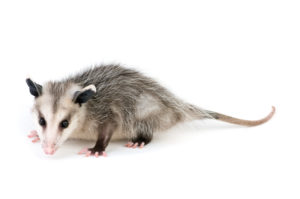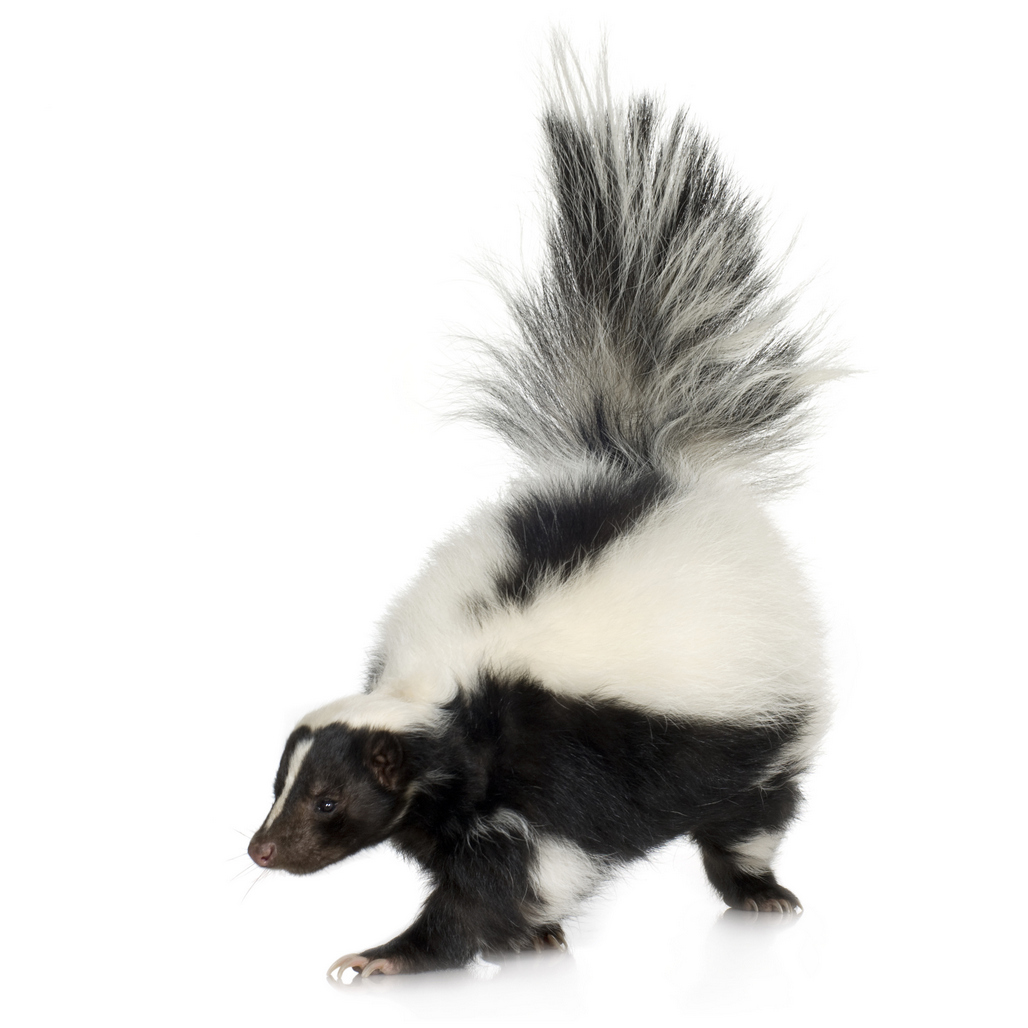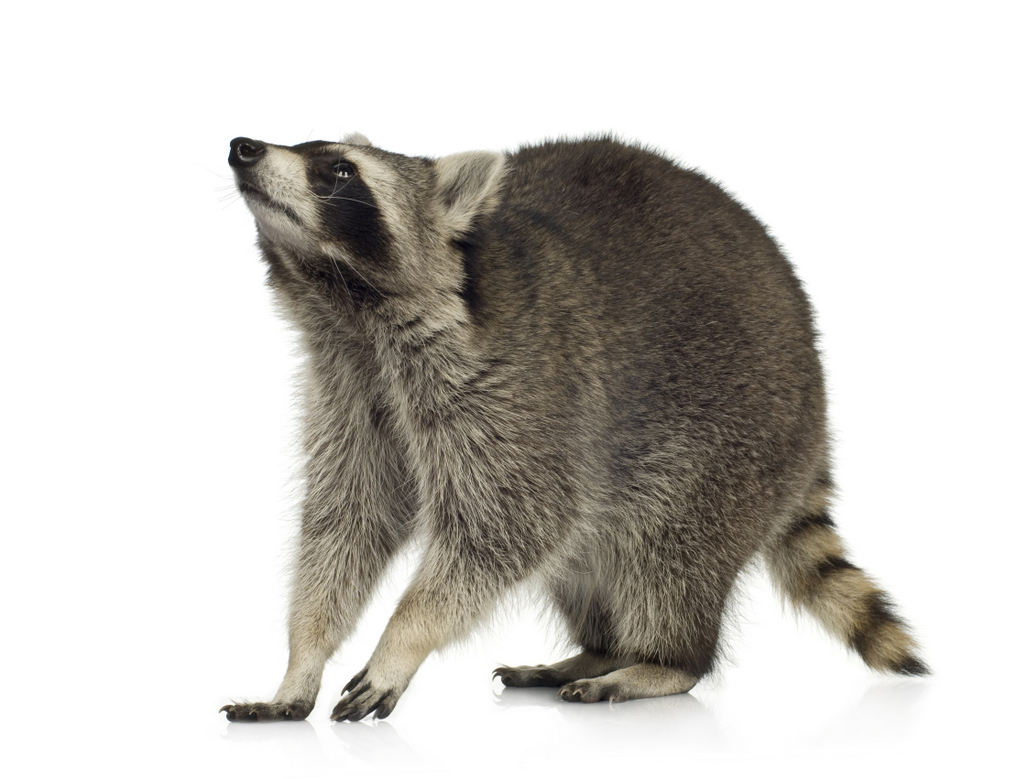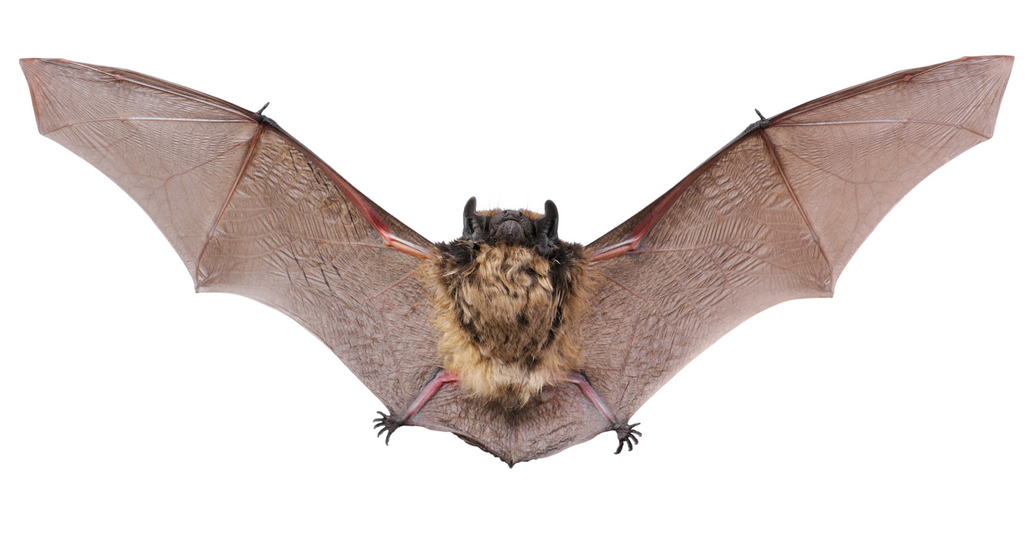Call Us About Opossums! 864-546-1016

Opossum Trapping and Removal
Opossums are classified as game animals in many states. Trapping and removal of pest Opossums may require special permits or regulation compliance. Opossums may be aggressive animals when threatened or sick, it is always safer to allow trained specialist to trap and remove nuisance wildlife. Opossums can be a carrier of rabies virus. The wildlife specialist at All About Wildlife Control understand the health and safety risks of dealing with each wild animal and we have the knowledge and experience to safely and effectively solve your nuisance opossum problem.
Call All About Wildlife Control today at (864) 546-1016 to get rid of opossums and to prevent opossum problems.
All About Wildlife Control in Greenville, Anderson, and Seneca, SC is your trusted opossum control and removal expert.
Opossum Prevention and Control
Removing food sources that attract Opossums is a major step in opossum prevention and control. Homeowners should secure pet food and pet water at night, store garbage in metal or plastic containers with tight fitting lids and only place plant matter such as leaves and grass clippings in compost piles to avoid attracting raccoons, skunks, opossums and other scavengers. Use enclosed compost bins to compost waste foods to avoid attracting raccoons, skunks, opossums and other scavengers. Reduce the amount of seed that falls to ground from bird feeders. Seal all opening to a structure to deter opossums from considering your home as a potential den location. Secure chimneys with commercial chimney caps to prevent opossum from falling in chimney. Barriers can also be used to protect gardens from opossums . For professional assistance and peace of mind, call the wildlife specialist at All About Wildlife Control to assist with your opossum problems. We will use our knowledge and experience to develop effective opossum damage prevention and opossum control strategies for your unique property and home.
Opossums are not strong animals like raccoons and normally do not create openings. Opossum typically enter houses or structures where an opening already exists. Opossum will enter trailer houses and climb into insulation under floors. Opossum will also enter the ductwork of mobile homes. Opossum can enter living quarters of homes through large gaps around pipes and drains under sinks. Opossums make messy nests in their denning area. Opossum will den under homes, in attics, and in garages.
Opossums hiss, growl, and screech when frightened. Male and female opossum make a clicking sound to communicate during breeding season. A home owner may hear sounds if opossum are in attics, ceilings, soffits, chimneys or crawl spaces of home. Tapping, bumping and scratching sounds can also be heard when opossum are crawling in attics, ceilings, soffits, chimneys or crawl spaces of house.
Opossums are very adaptive animals and are very common neighbors around human dwellings. Opossums are solitary animals with a home range of 10 to 50 acres. They live by themselves except when raising young. Opossum are found throughout the US and live in a wide range of habitat from wooded to open fields. Opossums are common in suburban areas, woodlands, and agricultural areas. Opossums can also be found in cities and around parks.
Opossums eat both plants and animals. They eat insects, worms, snakes, lizards, mice, rats, grasses, fruits and vegetables. Opossums will eat pet food. Opossums will gladly eat human garbage and other food waste they find in compost piles. Opossums will also eat carrion (dead animals).
Opossums may have rabies.
Opossums also arbor parasites such as ticks and fleas.
Opossums carry the microorganism that causes Equine Protozoan Myeloencephalitis (EMP) which is fatal to horses. Opossum shed the protozoan in its feces. Opossum that den or feed in stable areas can contaminate horse feed and water.
Damage caused by opossums is very similar to raccoons and skunks.
Opossum can damage your landscape by feeding on garden produce and tree fruits. Opossums will damage yard while looking for insects, grubs and earthworms.
Opossums can damage livestock as Opossums carry the microorganism that causes Equine Protozoan Myeloencephalitis (EMP) which is fatal to horses. Opossum shed the protozoan in its feces. Opossum that den or feed in stable areas can contaminate horse feed and water.
Opossums may damage poultry by preying on chickens, ducks, pigeons and eggs.



